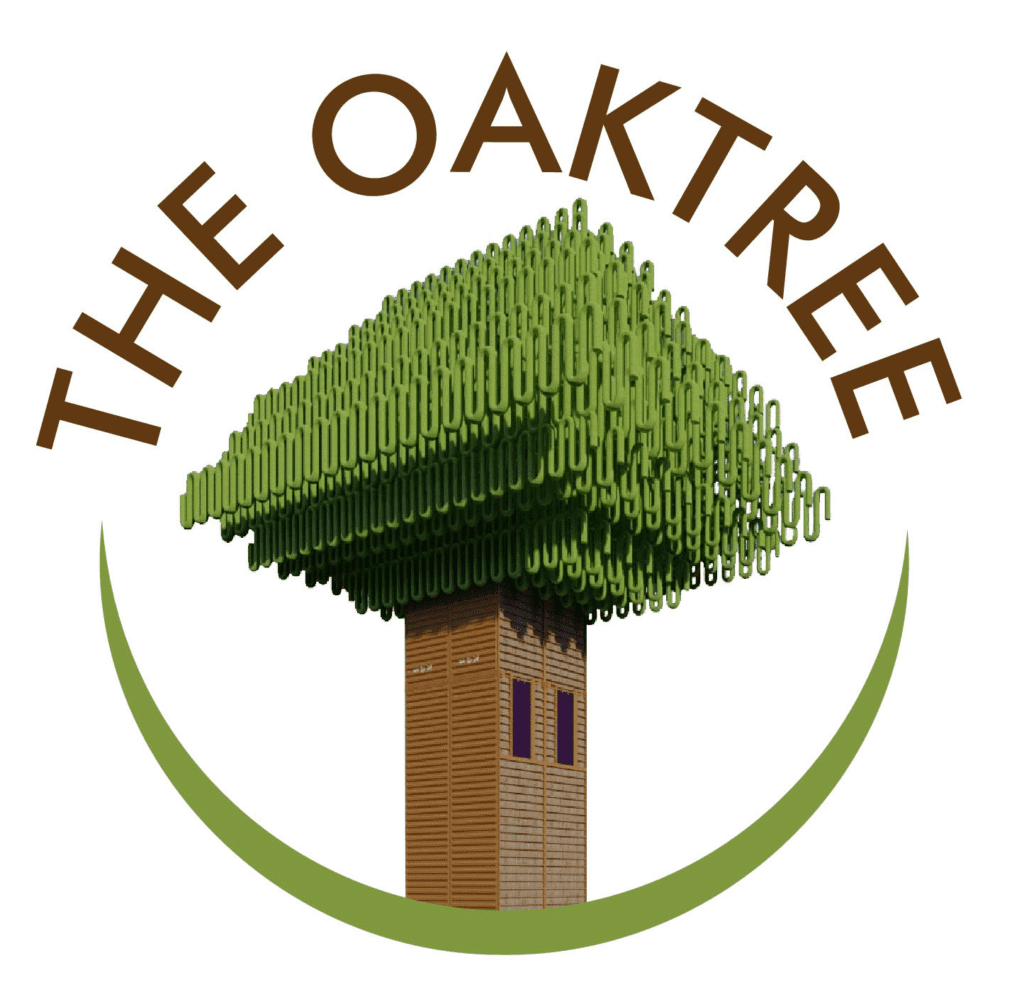Transforming Sustainability with The Oaktree
Harnessing the Power of Algae
Through cutting-edge algae technology, we capture CO₂ emissions directly from industrial processes. This carbon is sequestered as algal biomass, which becomes a foundation for a wide range of sustainable applications. The harvested algae not only supports the creation of low-carbon materials but also serves as a source of sustainable food products, offering nutrient-rich and eco-friendly alternatives to traditional protein sources.
Supporting the Development of Low-Carbon Materials
The Oaktree’s biochar, ash, and algae are essential components in the production of advanced low-carbon materials. These include:
- Green Concrete: A sustainable alternative to traditional construction materials.
- Oleic Fatty Acids: Used in eco-friendly industrial applications.
- Biopolymers & Biodegradable Plastics: Offering innovative solutions for packaging and other industries.
- Fillers for Various Materials: Enhancing the sustainability of industrial products.
Beyond these, we are proud to collaborate with one of the United States’ leading national laboratories to develop new industrial materials that align with our mission of a cleaner, greener future.
Sustainable Food Innovation
The Oaktree’s algae cultivation not only supports environmental sustainability but also contributes to global food security. The harvested algal biomass is rich in nutrients and proteins, making it ideal for developing sustainable food products. By integrating food production into our carbon-negative model, we ensure that environmental and societal benefits go hand in hand.

